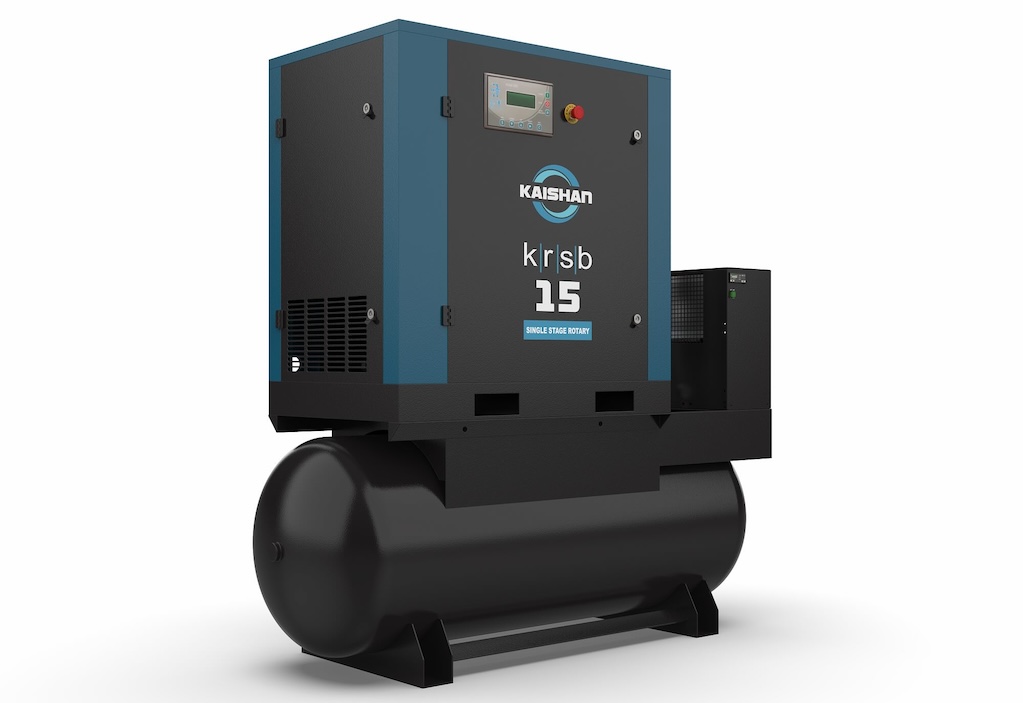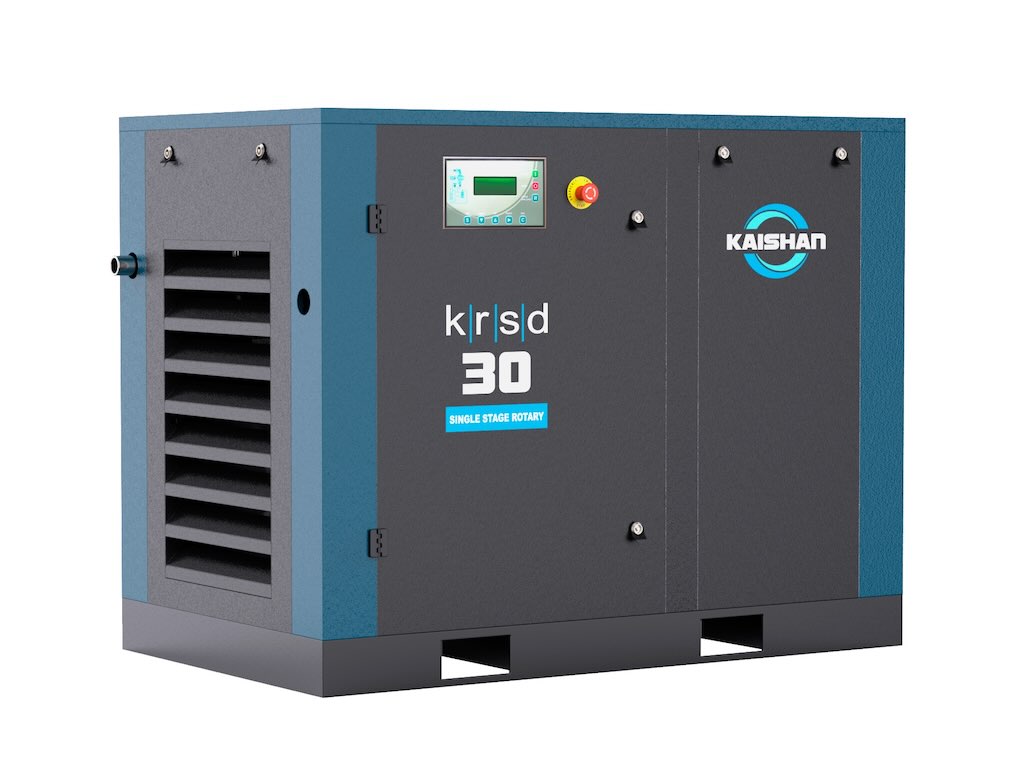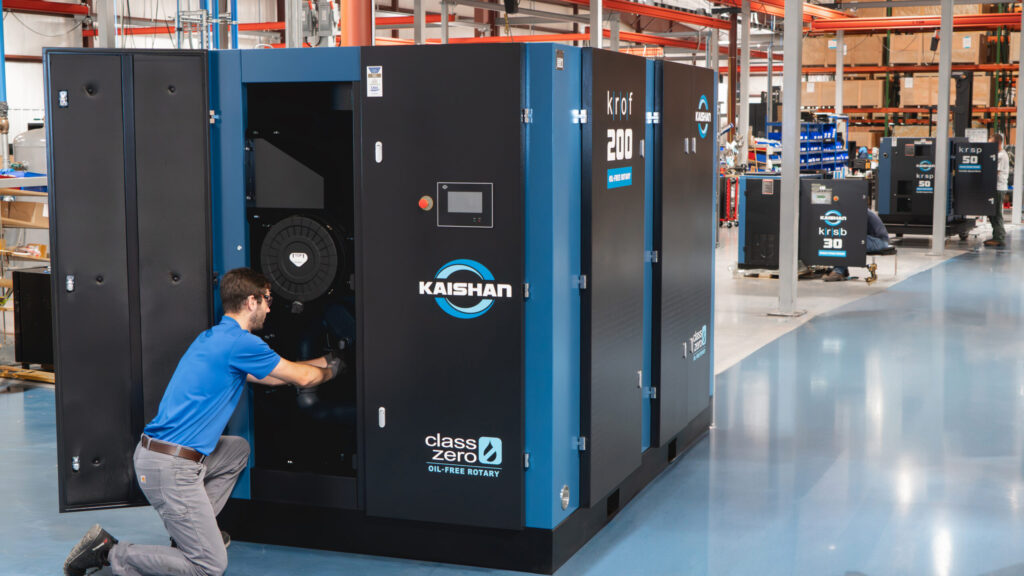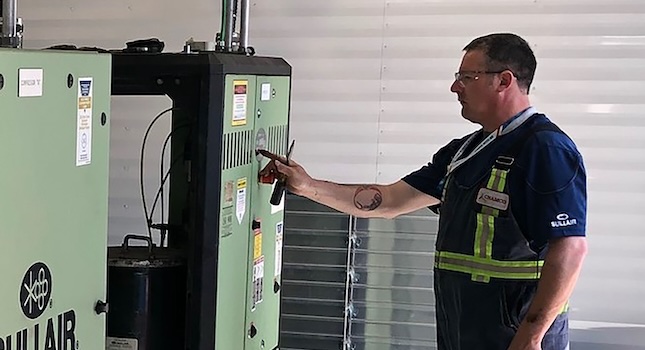In an upcoming April 18 webcast, Brandon Dial from Kaishan explains how to choose the right rotary screw air compressor and what steps need to be taken.
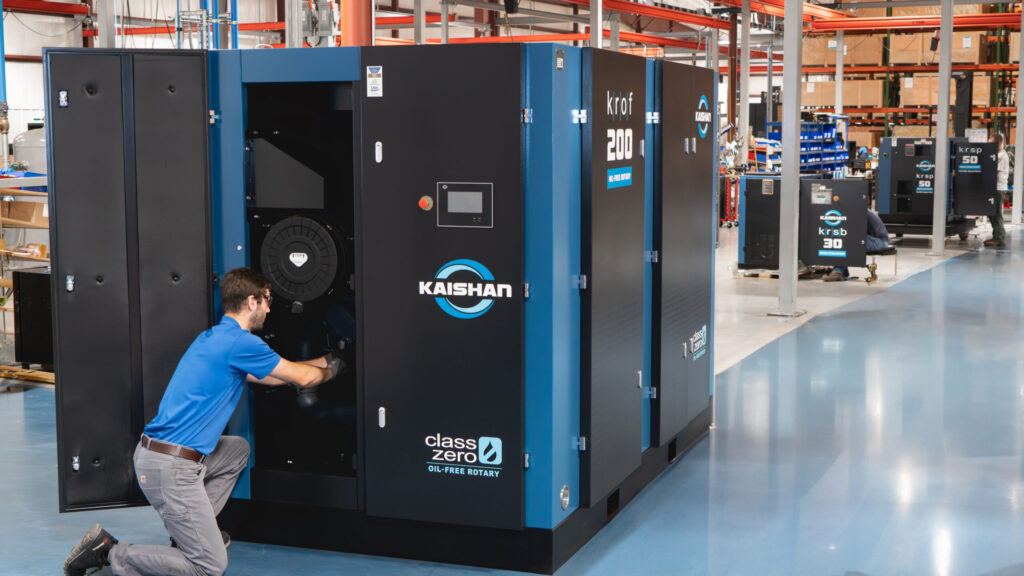
It’s important for engineers to understand the difference between oil-free and oil-lubricated rotary screw air compressors to aid professionals in selecting the optimal compressor for their specific needs. Brandon Dial, director of industrial sales for Kaishan, goes in-depth on this topic in the April 18 webcast “How to Choose Oil-Free or Oil-Lubricated Rotary Screw Air Compressors for Your Application.”
Dial explains what oil-free compressors cannot do such as provide or guarantee contaminant-free air and explains the sources for contaminants. He also provides an overview of rotary screw air compressors and the different types users can pick from. He also provides an overview of setting up the right system and what the ideal compressor room looks like.
Click here to register for the webcast.
He also covers factors such as performance, maintenance requirements, environmental impact and cost considerations as well as insights into the advantages and disadvantages of each type of compressor.
Learning objectives for this webcast are:
-
Differentiate between oil-free and oil-lubricated compressors in design, performance, maintenance needs, environmental impact and cost considerations.
-
Evaluate the operational advantages and disadvantages of oil-free and oil-lubricated compressors to determine suitability for specific applications.
-
Discuss applications that commonly require high-quality, oil-free air.
-
Apply knowledge gained from the webinar to confidently select the most appropriate compressor type based on application requirements and operational constraints.
